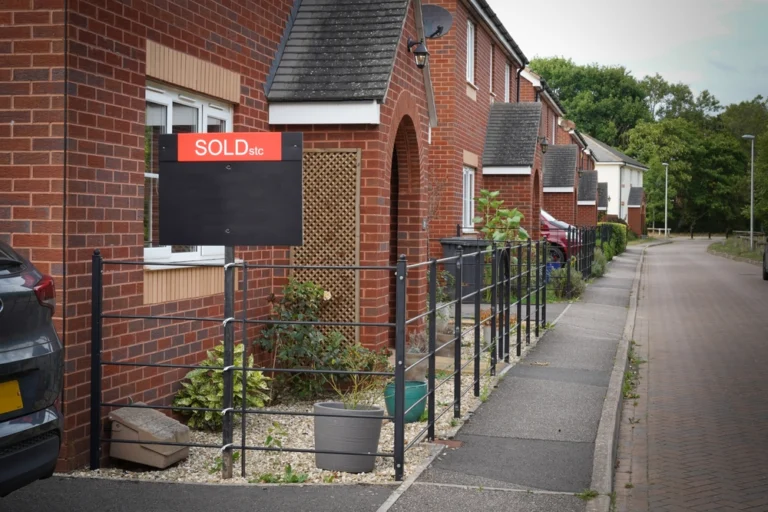The exchange of contracts is one of the most exciting steps in the moving process. It marks the official agreement between the buyer and the seller, outlining their obligations and finalising the sale.
Let’s take a look at how the process works, what needs to be done beforehand, and what final checks need to be made before a move’s completion date.
What does exchange of contracts mean?
The exchange of contracts is a legal process that signifies the binding agreement between the seller and the buyer. Once the contracts are exchanged, both parties are legally obligated to complete the transaction.
Before the identical contracts are signed by both the seller and the buyer, both parties are able to pull out of the deal without facing any financial penalties. Because of this, the exchange is an exciting and reassuring time for all.
How are contracts exchanged?
The contract exchange process is managed by the seller’s solicitor or licensed conveyancer, who creates a contract containing details such as what is included in the sale, who the buyer and seller are, and the purchase price of the property.
Both parties are then sent a copy of this contract, which is then signed and exchanged. From this point on, the contract is legally binding, meaning both parties must proceed with the transaction.
Related: What does a conveyancer do?
What needs to be done before contracts can be exchanged?
One of the main things that the buyer needs to have sorted out before the exchange is their finances. They need to have received a mortgage offer and have the deposit ready for the process to continue.
In order to avoid any surprises or hidden issues with the property, it is highly recommended that the buyer has a professional property inspection carried out. It is also important to obtain information about the property’s history to make sure there is nothing that should affect the transaction.
Access no-obligation mortgage advice
How long between exchange and completion?
Contracts are usually exchanged 1-3 weeks before the completion date, which provides both parties with enough time to fully prepare for moving day. However, this period of time can vary for a number of different reasons.
One of the most significant factors affecting the length of time between exchange and completion is securing finance, as buyers must have their mortgage ready before they can proceed with completion.
Property chain issues can also cause delays, as, if one party encounters difficulties in their transaction, it can impact the whole chain and delay the process. The conveyancing process can also cause delays, as there is a lot of paperwork that needs sorting before completion.
Related: How to speed up conveyancing
What happens after exchange of contracts?
Once the contracts have been exchanged, it is time to prepare for completion. At this stage, it is the solicitor’s task to register the transfer of ownership with the Land Registry.
Before the completion date, it is crucial to complete all the necessary final checks to make sure that all the included fixtures and fittings are in place and that any damages have been fixed.
Buyers should also inform their service providers that they will be changing their address so that their utilities can either be carried over to the new property or cancelled in good time.
Looking for your next home? Contact your local Parkers branch today







